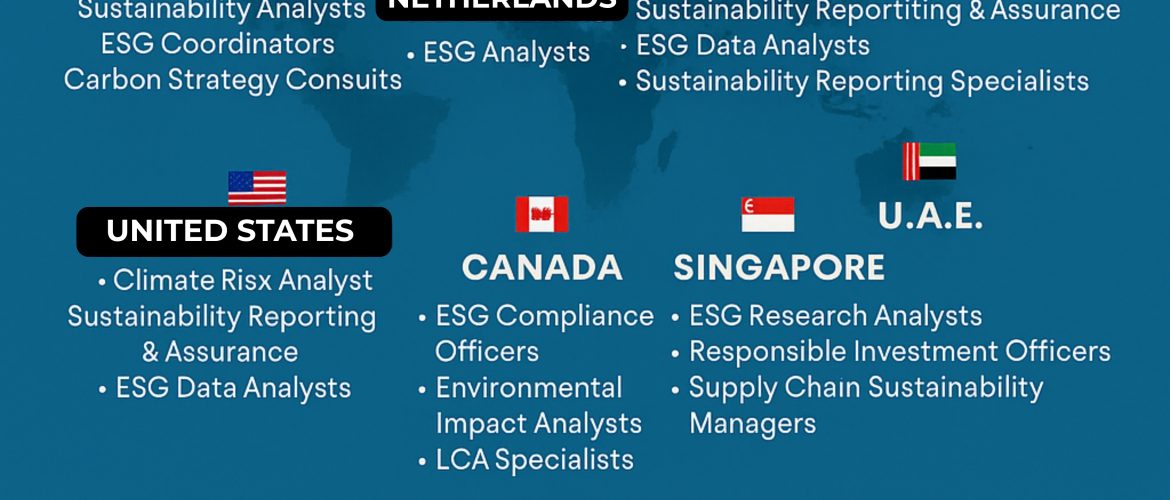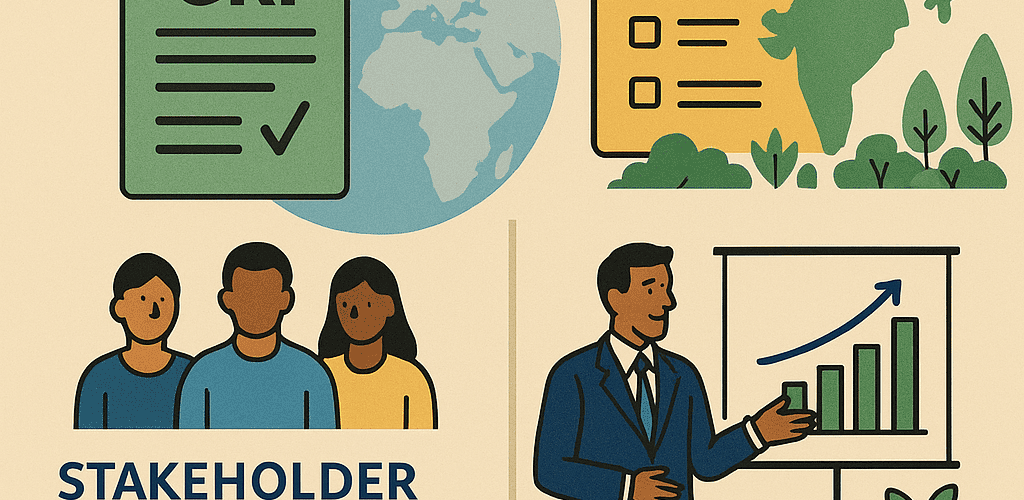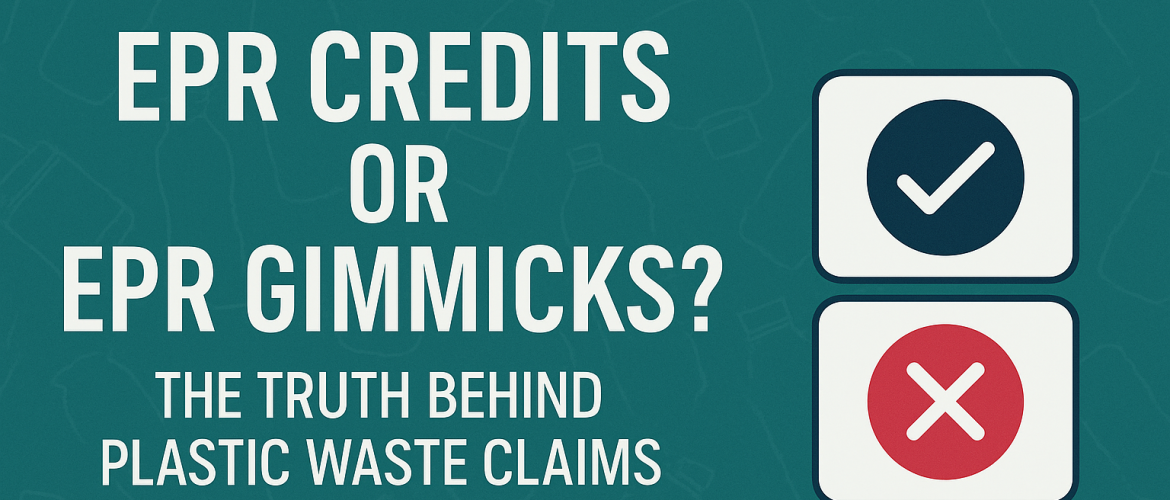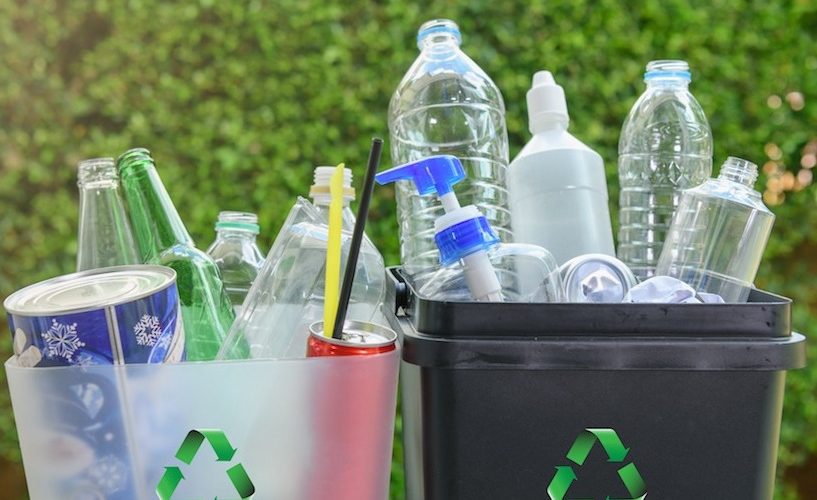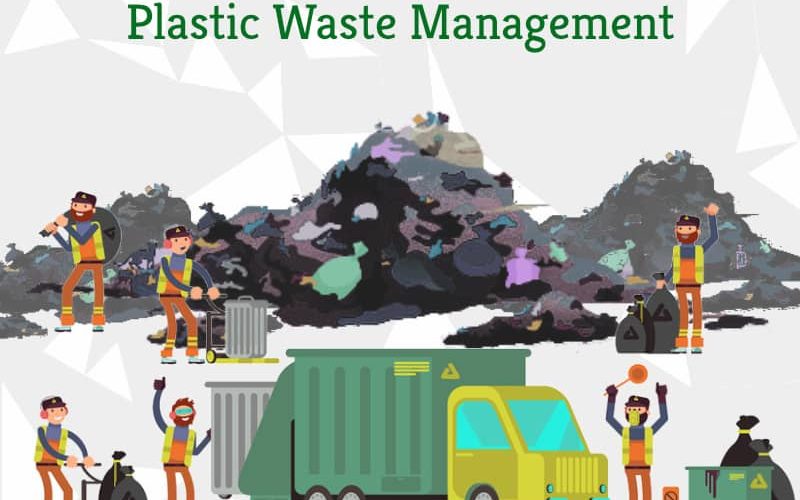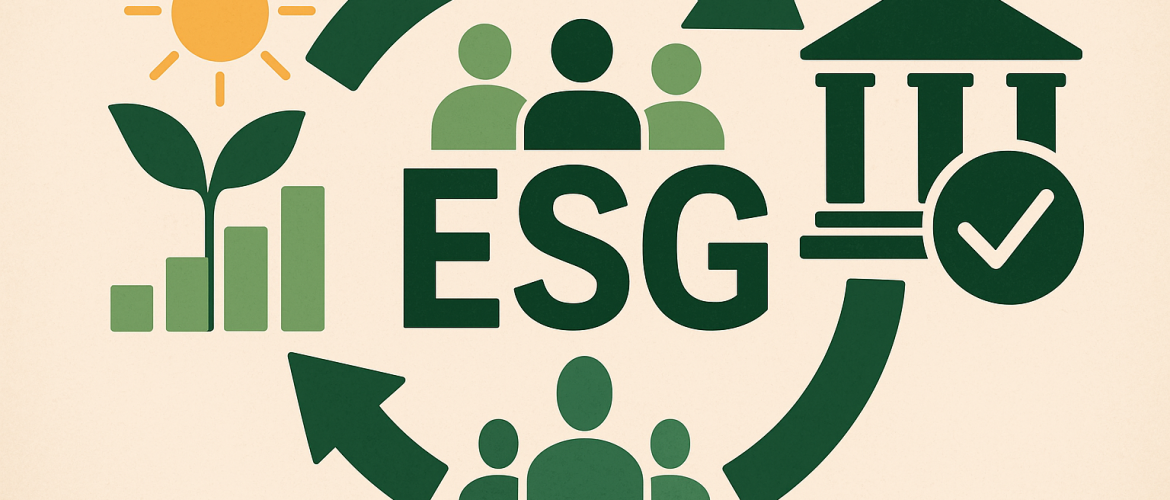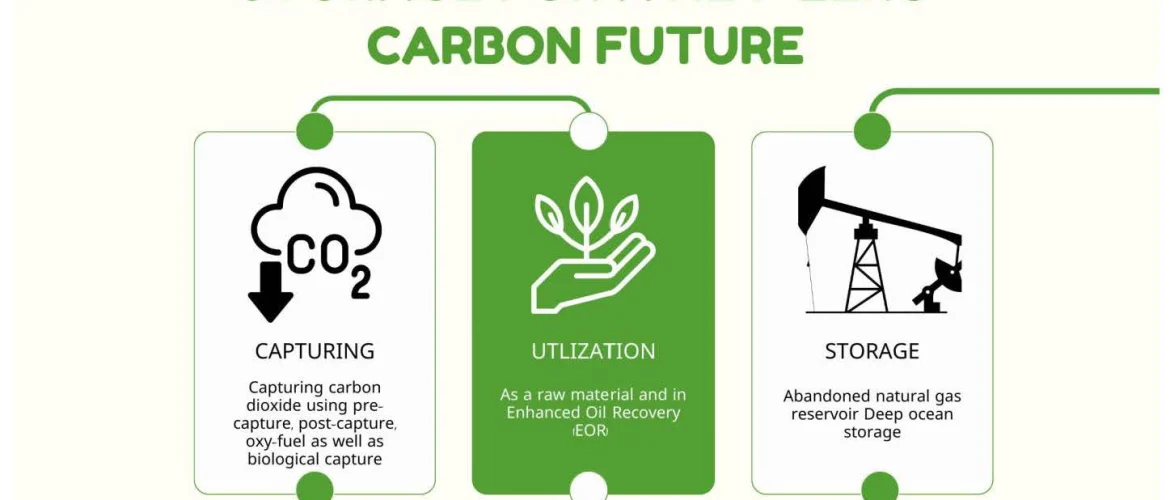🌍 Exploring Global Career Opportunities After Completing an ESG Executive Course As sustainability becomes a global priority, professionals with ESG (Environmental, Social, and Governance) skills are more in demand than ever before. While many Indian professionals are familiar with domestic ESG trends, there’s a growing wave of global opportunities awaiting those equipped with the right knowledge and hands-on experience. In this blog, we explore the country-specific ESG career opportunities you can unlock after completing
Beyond Numbers: How GRI and BRSR Are Shaping the Future of Sustainability Reporting in India
Sustainability reporting in India has come a long way. What was once seen as a voluntary exercise filled with lofty promises is now evolving into a structured, data-driven, and stakeholder-focused practice.
Two frameworks are leading this change: the Global Reporting Initiative (GRI) and Business Responsibility and Sustainability Reporting (BRSR) mandated by SEBI.
Together, GRI and BRSR
Introduction Today, sustainability is no longer just a trend—it’s a necessity. Among the tools promoting environmental responsibility, Extended Producer Responsibility (EPR) stands out, especially regarding plastic waste management. However, as EPR gains traction in corporate sustainability reporting, concerns are emerging. Are these EPR credits truly driving environmental change, or are they merely helping brands greenwash their image? In this blog, we dive deep into how EPR works, the rise of credit-based compliance, and why skepticism around plastic waste claims is growing. What is EPR
Introduction: Solar Power and the Net-Zero Challenge As the world grapples with the climate crisis, achieving net-zero emissions has become a top priority for governments, industries, and communities. The urgent need to reduce greenhouse gas emissions-primarily carbon dioxide from fossil fuel combustion-has turned the spotlight on renewable energy technologies. Among them, solar power stands out as a leading solution due to its abundance, sustainability, and decreasing costs. Solar energy, once considered a
Plastic Waste Management in Business: Responsibility, Regulation, and Opportunity In today’s sustainability-conscious world, plastic waste management (PWM) has evolved from a compliance checkbox to a core business strategy. For companies across industries, managing plastic responsibly is not just about protecting the environment—it’s about protecting brand reputation, reducing costs, and staying competitive in a market that increasingly values environmental ethics. Plastic: A Business Convenience or a Long-Term Cost? Plastics have long been favored by industries for
Plastic Waste Management: A Global Call to Action In the modern world, plastic is everywhere—from packaging and electronics to everyday items like bottles and bags. While its convenience is undeniable, its improper disposal has led to a crisis that demands immediate action. Plastic waste management is no longer an environmentalist’s concern—it’s a global responsibility. The Plastic Problem: A Global Crisis According to the United Nations, over 400 million tonnes of plastic are produced every year
ESG Reporting: From Compliance to Competitive Advantage Once seen as a box to check, ESG reporting has become a strategic lever for growth. Today, it’s about far more than regulatory compliance—it’s about building trust, resilience, and long-term business value. Companies that embrace Environmental, Social, and Governance (ESG) reporting as a core business practice are setting themselves apart. They’re attracting conscious consumers, retaining purpose-driven employees, and earning investor confidence. In short, they’re turning responsibility into competitive advantage. 1.
🌱 Solar Energy vs Wind Energy: Who’s Heading the Green Race? As climate change accelerates and fossil fuel reserves dwindle, the global shift toward renewable energy has never been more urgent. At the heart of this green revolution are two powerhouses: solar energy and wind energy. Both offer clean, sustainable alternatives to traditional energy sources — but which one is leading the charge toward a greener future? In this blog, we’ll explore the strengths,
🌐 Climate Lockdown: Capture in Action In the wake of the global pandemic, the world witnessed how swiftly and dramatically governments can impose lockdowns, reshape societies, and redefine “normal.” As we pivot from one global emergency to another—from health to environment—a new phrase has begun to emerge in policy discussions and media speculation: “climate lockdown.” But this isn’t some dystopian conspiracy. In fact, pieces of the concept are already being tested, implemented, and normalised across the globe.
Buying Green or Buying Time? : Reality of Greenwashing
In an age where sustainability is not just a buzzword but a business imperative, companies around the world are racing to market themselves as “green,” “eco-friendly,” or “sustainable.” But how much of this is real, and how much is simply an illusion crafted for better sales and public perception? Welcome to the world of greenwashing – a term that is becoming increasingly relevant in the modern corporate landscape.
What is Greenwashing?


